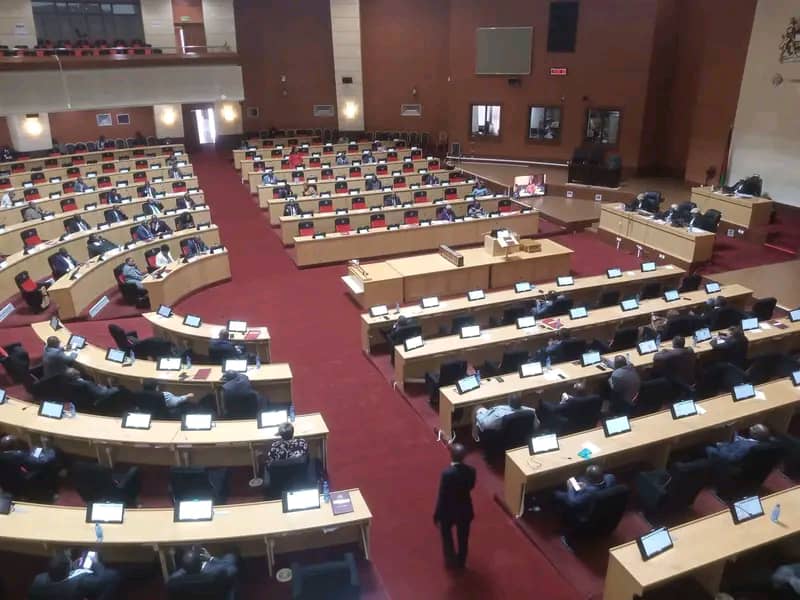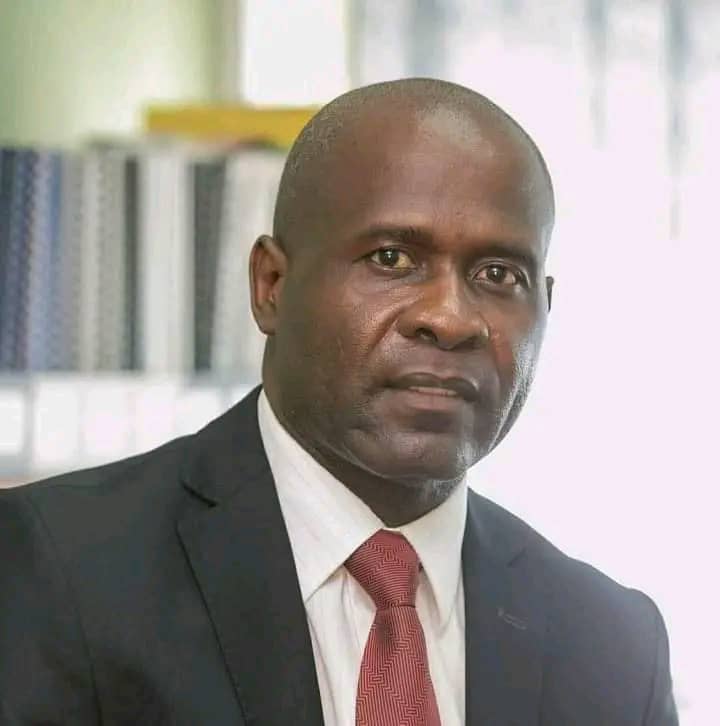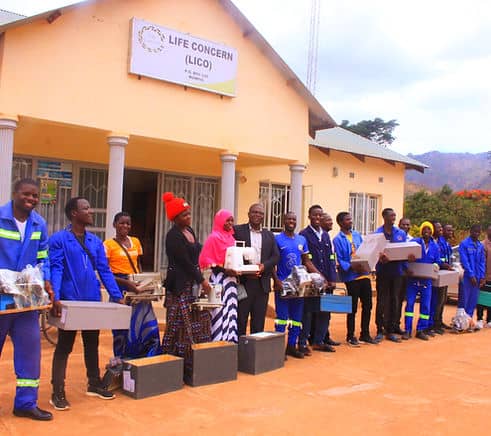By Burnett Munthali
Malawi’s parliamentarians have reconvened this afternoon to continue their deliberations, with a key focus on the country’s electrification agenda.
Chairperson for the Parliamentary Committee on Government Assurance and Public Sector Reforms, Noel Lipipa, took the floor to present the committee’s report on the implementation of the Malawi Rural Electrification Programme (MAREP).
The report shed light on several pressing challenges affecting the program’s effectiveness, chief among them being delays in connecting households to electricity.
While MAREP was designed to bridge the energy gap and expand access to electricity in rural areas, the committee found that slow implementation was leaving many communities in darkness.
A major contributing factor to these delays, according to Lipipa, is the lack of coordination between MAREP and the Electricity Supply Corporation of Malawi (ESCOM).
This has resulted in bureaucratic inefficiencies that hinder timely connections, frustrating many Malawians who have long awaited access to power.
Additionally, the report underscored financial hardships as a key obstacle.
Many households, particularly in rural areas, struggle to afford the costs associated with electricity connections.
The committee pointed out that without targeted financial interventions, the goal of widespread electrification may remain out of reach for many low-income families.
In response to these challenges, Lipipa made several key recommendations aimed at improving the efficiency of MAREP.
He urged the treasury to increase funding for the project, ensuring that poorer households receive financial assistance to facilitate their connection to the grid.
He further emphasized the need for the Ministry of Energy to step up its role in fostering better coordination between MAREP and ESCOM to streamline operations.
Additionally, he called on ESCOM to accelerate the pace of household connections, warning that further delays would continue to undermine the country’s electrification efforts.
Despite the current setbacks, Lipipa expressed optimism about the potential of the project, noting that if properly implemented, MAREP could significantly boost access to electricity across Malawi.
Increased electrification, he argued, would not only improve the livelihoods of rural communities but also stimulate economic growth by enabling small businesses to thrive.
As parliamentary deliberations continue, it remains to be seen how the government will respond to these recommendations and what measures will be taken to address the highlighted bottlenecks.
However, one thing is clear—MAREP remains a critical initiative in Malawi’s development agenda, and its success will largely depend on improved coordination, adequate funding, and swift action by relevant authorities.




